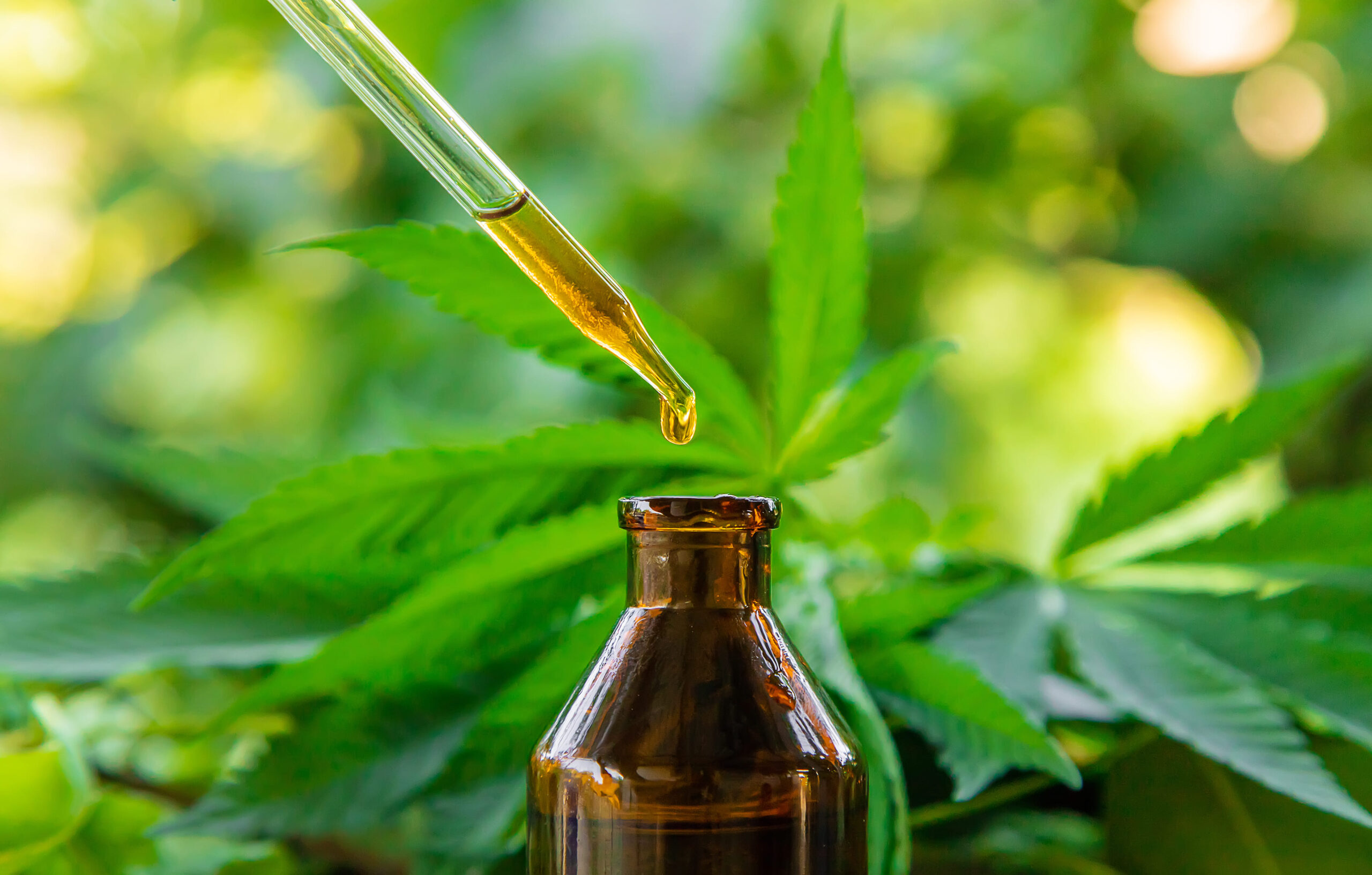Table of Contents
Introduction
If you’re among those who are facing inflammation from age, illness, or injury and want to reduce the discomfort brought about by it, then CBD may be your ideal solution!
In this article, we will look into how beneficial CBD is in managing inflammation and enhancing one’s overall health. With its unique properties of being natural yet effective as a cure for severe pain and swelling – no doubt taking CBD can help bring back balance within your life through improved wellness levels.

What is Inflammation?
Our sophisticated immune system has a protective response mechanism built into it known as inflammation. It removes any potentially hazardous substances such as infection or injury that could cause harm and then sets off the healing process.
This intricate procedure involves activating various immune cells (for example, white blood cells), cytokines, chemokines and other mediators that lead to vasodilation (or increased blood flow) alongside swelling in the affected area. Inflammation is a quintessential reaction of our immune system to injury or infection, with five signs- redness, heat, swelling, pain, and loss of function.
Although it is necessary for defending the body against foreign agents however too much inflammation can cause chronic health issues such as diabetes, cancer, arthritis, and asthma leading to considerable damage in time.
Chronic Inflammation and its Potential Damage
A chronic illness or condition persists for an extended period, usually more than three months. It can have signs and symptoms which vary in intensity, but they are generally long-term issues that do not resolve quickly. If left unaddressed, chronic inflammation can wreak havoc on the body – causing pain, swelling, and destruction of healthy tissues. This disease necessitates consistent care from diagnosis to treatment for a successful outcome which will reduce the risk of further health complications. Common causes include:
• Genetics As the American Journal of Human Genetics reveals, certain genetic mutations may leave some people more susceptible to acute inflammation. An impressive 58 genes associated with C-reactive proteins were discovered and are mostly attributed to immune system pathways as well as liver metabolism. These particular genetic shifts could render individuals vulnerable to long-term inflammation conditions. To obtain further details, please visit this article.
• Diet Maintaining healthy and balanced dietary habits is crucial in decreasing your chances of developing chronic inflammation, as our bodies respond to toxins with this response. To reduce your risk of inflammation, replace sugary drinks, sweets and processed food with vegetables, fresh fish (not packaged!), beans, nuts, seeds and pods – an effective way to eliminate any danger posed by inflammatory responses. Here you can find an article about pain and food.

• Stress: In a study headed by Sheldon Cohen of Carnegie Mellon University and published in the Proceedings of the National Academy of Sciences, it was demonstrated that persistent psychological stress can compromise our body’s capacity to control inflammation – potentially leading to further disease progression. This research could be among the first links between mental strain and an inability for controlling inflammatory reactions.
• Lifestyle factors: In addition, smoking, excessive drinking, and an inactive lifestyle are acknowledged as major contributors to persistent inflammation. Here you can find an article to learn more about these topics.
What You Need to Know About CBD and Inflammation
CBD has been garnering more attention for its potential to act as a treatment for an abundance of health issues, such as inflammation. Now, if you’re not sure what that is – Inflammation is the normal immune response when confronted with injury or infection; yet persistent inflammation can bring about serious conditions including arthritis and cancer. With CBD’s medicinal advantages receiving increasing recognition in recent times, many are wondering whether it could offer relief from symptoms of inflammation.
Let’s explore the intricate connection between CBD and immunologic cells. If you’re looking to gain a better understanding of the background knowledge behind CBD and its pain relieving effects, then take a look at our article about CBD for pain relief.
Scientific research has definitively proven that CBD can regulate immune activity by activating CB2 receptors, thus limiting certain immunological cells and diminishing the release of pro-inflammatory molecules. Not only does it boost endocannabinoid levels, but also diminishes TLR provoked inflammation responses. Consequently, CBD is a dependable solution for longterm inflammatory management.
Moreover, the latest scientific studies illustrate that cannabinoids notably reduce inflammation. This research reveals how CBD and CBG found in hemp oil are effective anti-inflammatory agents against LPS neutrophilia-induced inflammation. These discoveries imply that hemp oil could very well be beneficial for those suffering from inflammatory illnesses.

CBD Dosage for Inflammation
Finding the best dose of CBD to alleviate your pain requires a bit of trial and error. Generally, it’s advised to take anywhere between 16-1000mg per day – however, potency varies with each product you use. Some products may have as little as 5 mg while others can contain up to 100 mg in a single serving. By using this method, you’ll be able to determine which dosage works for your specific needs quickly and effectively.
If you’re looking to use CBD for pain management, it’s not just a one size fits all solution. Your body chemistry and the potency of the product are both essential when determining how much CBD is right for you. Depending on its concentration, some CBD products may require larger doses while others have smaller amounts that still make an impactful difference.
Conclusion
In the end, untreated inflammation can have a severe impact on one’s overall health and well-being. Thankfully, recent studies indicate that CBD might be effective in mitigating these symptoms. By investigating how cannabinoids interact with our immune system as well as their effect on endocannabinoid cells, experts are gaining valuable insight into this powerful natural compound’s potential therapeutic benefits.
To fully capitalize on the potential benefits of CBD, potency is an important factor in determining the most effective dosage. With more clinical trials and research underway, we can confidently look forward to gaining evidence-based knowledge about how CBD can be used for inflammation-related conditions soon.





